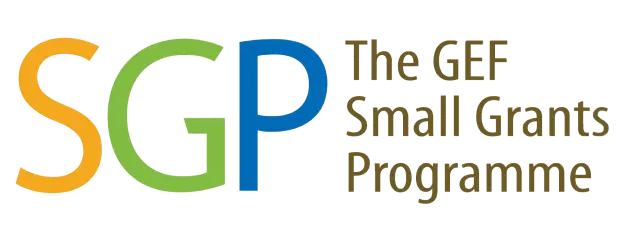This study aims to identify the environmental, economic, and social impacts of the activities of GEF-SGP Indonesia Phase 6 partners and to describe the process of impact occurrence along with supporting and inhibiting factors affecting the achievement of impacts from the activities of GEF-SGP Indonesia Phase 6 partners. In this study, AKATIGA uses an adapted Sustainable Livelihood Framework approach (with an emphasis on the contextual factors that are prerequisites for achieving outcomes; backward-looking) and the Theory of Change (which emphasizes the relationship between outputs, outcomes, and impacts; forward-looking).
The data mining process is conducted through three approaches. The first approach involves a literature review of program documents (reports and photostories from all implementing partners of phase 6). The second approach entails data mining through in-depth online interviews with stakeholders from the phase 6 SGP program, totaling 104 respondents (YBUL team as the manager of SGP Indonesia (3 respondents), managing partners in four program areas (5 respondents), representatives of implementing partners (42 respondents), and community members in implementing partner intervention areas (54 respondents). The third approach involves data mining from implementing partner managers through a questionnaire to obtain a picture of the context at the intervention locations.

